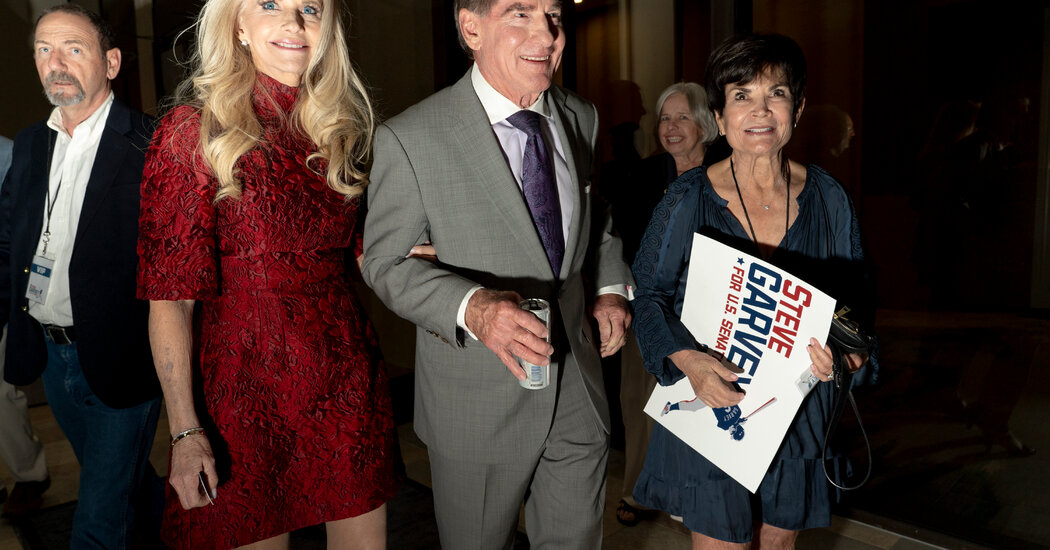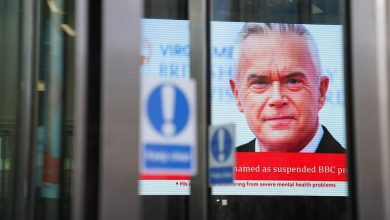
Steve Garvey’s Improbable Rise, Decades After His Baseball Heyday
For months after Steve Garvey joined the race for the Senate seat formerly held by Dianne Feinstein, voters in California were only dimly aware he was a candidate. A Republican long shot in a deeply Democratic state, the former Major League Baseball star seemed to be courting tens of millions of Californians in stealth mode: Scant press. Vague stances. No ads to speak of.
Then Representative Adam B. Schiff stepped in.
On Tuesday, after a blitz of campaign ads that essentially allowed Mr. Schiff to choose his general election opponent, voters in the California primary vaulted Mr. Garvey, 75, into a November runoff for a prized Senate seat representing the nation’s most populous state. He will face Mr. Schiff, 63, a Los Angeles-area Democrat who has raised more than $30 million and has been the front-runner for months.
Mr. Schiff is a 12-term congressman who led the prosecution in former President Donald J. Trump’s first impeachment trial. Mr. Garvey is a career .294 hitter with 272 home runs and 1,308 runs batted in over 19 seasons with the Los Angeles Dodgers and San Diego Padres in the 1970s and 1980s.
Known in his sports heyday as a clean-cut role model, Mr. Garvey has leveraged his reputation since then by appearing in infomercials, giving motivational speeches and recording $149 Cameo greetings. He has long expressed a desire to run for public office, despite the hurdle of some highly publicized marital, financial and legal woes in his past.
He was late to the Senate race, announcing his candidacy in October, long after Mr. Schiff had started campaigning and shoring up support from the state Democratic establishment, including an endorsement from Nancy Pelosi, the former speaker of the House. By that time, the conventional wisdom was that the primary would result in Mr. Schiff facing another Democrat — either Representative Katie Porter or Representative Barbara Lee — in the November general election to fill the office Ms. Feinstein held for more than 30 years.
Registered Democrats outnumber registered Republicans 2 to 1 in California, and voters have not elected a Republican in a statewide race since Arnold Schwarzenegger was re-elected governor in 2006. But Republican Party leaders were eager to field a well-known candidate at the top of the ticket anyway, in order to mobilize the state’s conservative minority and help with some competitive down-ballot races.



